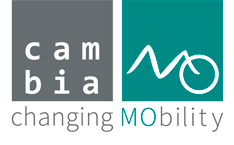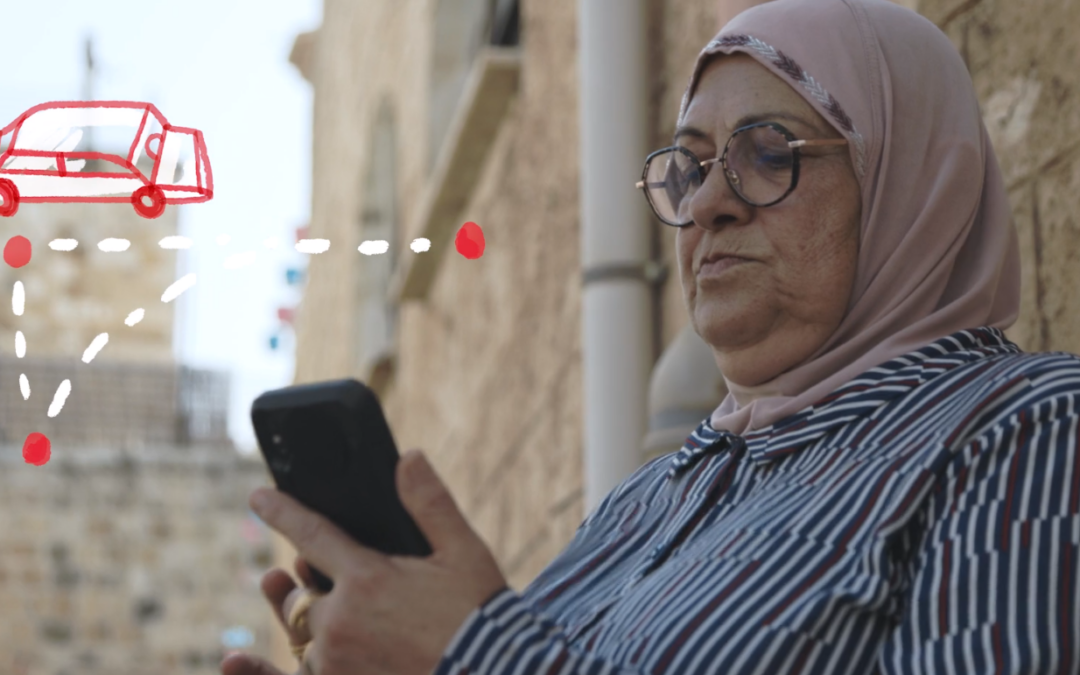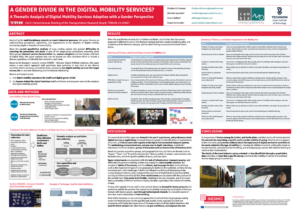People in situations of vulnerability show specific perceptions, capabilities, and requirements in the adoption of the new digital mobility services. This result comes up from a study conducted by cambiaMO authors in the context of the INDIMO H2020 project regarding the inclusivity of the new mobility services.
The study was presented by Floridea Di Ciommo, co-director of cambiaMO, and Michelle Specktor from Technion university, at the TRB 2023 | Transportation Research Board, 102nd Annual Meeting in Washington, DC, last January and we are pleased to publish here the poster presenting the results.
ABSTRACT
Inspired by the multidisciplinary research on travel behavioral processes, this paper focuses on understanding perceptions, capabilities, and requirements in the adoption of digital mobility services by people in situation of vulnerability.
Since the current quantitative methods of large random sample size present difficulties in capturing the perceptions and needs of part of the target-group populations especially when these groups intersect various characteristics i.e., women-caregivers and low income- with lack of digital skills, this paper explores how can we expand our data collection effort to include a diverse population, and identify their behaviors, and needs.
Based on the European research project INDIMO – INclusive DIgital MObility solutions, this paper adopts a user-centric approach with qualitative data gathering in two sites in two diverse countries: Berlin-Germany, and Galilee-Israel, comparing two digital mobility services that target women, the on-demand ridesharing and the informal ridesharing.
Results and insights show:
- that digital mobility reproduces the traditional digital gender divide
- the humans behind the digital interfaces build confidence and empower users in the adoption of a digital mobility service.
The poster is available here.








